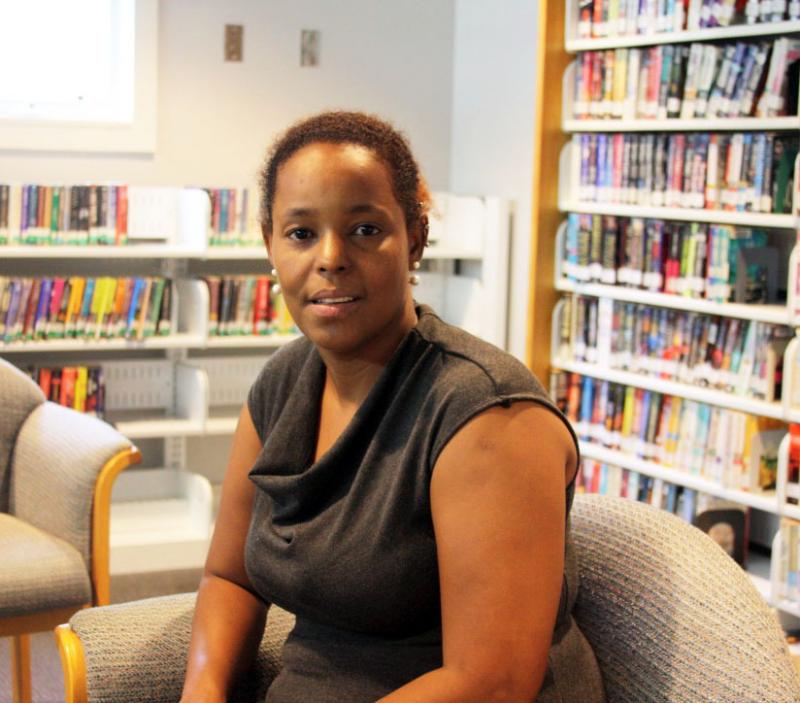Wareham woman separated from family in Puerto Rico after Hurricane Maria hits island
“Impotente.” Powerless. That’s how Wareham resident Luisa Núñez said she felt when her home country, mother and 13-year-old son were hit by Hurricane Maria last month.
“I felt like my hands were tied,” Núñez said through a translator. “I was powerless to be able to help him.”
Hurricane Maria was the fifth-strongest storm ever to hit the United States, bringing 150 mph winds to the territory of 3.4 million U.S. citizens in Puerto Rico on Sept. 20. The death toll is currently at 43, and much of Puerto Rico, a territory roughly the size of Connecticut, is still without electricity and basic necessities.
Núñez spent two weeks unable to contact her son. She didn’t know if he had access to food or water during that time. Now, three weeks after the hurricane hit, she’s spoken to him once on the phone.
She learned her son, Mayagüez, is doing OK, though he was scared by what happened. He left his residential school and went to a shelter in a stadium before the storm hit. The school is now being used to house others who need shelter. Mayagüez said he has to eat canned food, because there is no way to refrigerate meat.
Núñez’s mother lives on a mountain in a concrete house, which was not damaged in the hurricane, though her neighbor’s wooden house was completely destroyed.
Currently, 16 percent of people in Puerto Rico have electricity. Núñez’s mother doesn’t have it, and she only has water intermittently. She does have a government-issued phone, but to use it, she has to drive 40 minutes to get cell phone service. Before she can make the drive, she has to put gas in her car, meaning a wait in line of up to six hours. Many people can’t take their money out of the bank and are looting stores.
“I stopped looking at Facebook and the news because it’s too upsetting, and I can’t do anything about it,” Núñez said.
Núñez moved to Massachusetts seven months ago with her 7-year-old son to provide him with a better education since he has ADHD. Now, she’s faced with uncertainty. She sends Mayagüez money, but she doesn’t know when she’ll be able to talk with him again, or when he’ll be back to school. It could be up to six months before electricity is restored.
“It will take a long time to recuperate,” she said. “But they need their education, so hopefully things will get moving soon.”
Núñez is confident Puerto Rico will be able to rebuild after the most destructive hurricane in its modern history.
“Puerto Rico is going to be OK, they’re strong people,” Núñez said. “The important part is that you’re alive. The material things can be replaced.”















